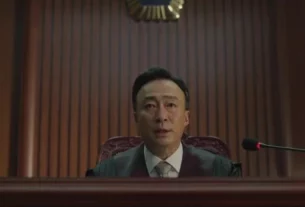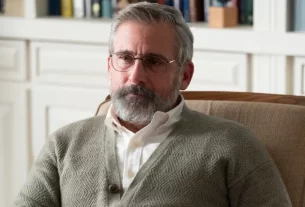Netflix’s well-received “Russian Doll” has finally ushered in Season 2. Season 1 of this drama was launched in February 2019, and it has been more than three years since Season 2 this time.
The Season 2 review this time is much worse than Season 1, and even many viewers couldn’t help but ask when watching the first few episodes, “What’s the point of this Season 2?”
Indeed, the whole story actually revolves around that.
In Season 1, the heroine Nadia died on her 36th birthday, and then entered an infinite loop, constantly reliving the day she died, but no matter what she did, she could not escape the fate of her final death.
Until she meets Alan, who suffers from the same illness, the two team up to try to solve the mystery, and finally escape the seemingly inevitable fate.
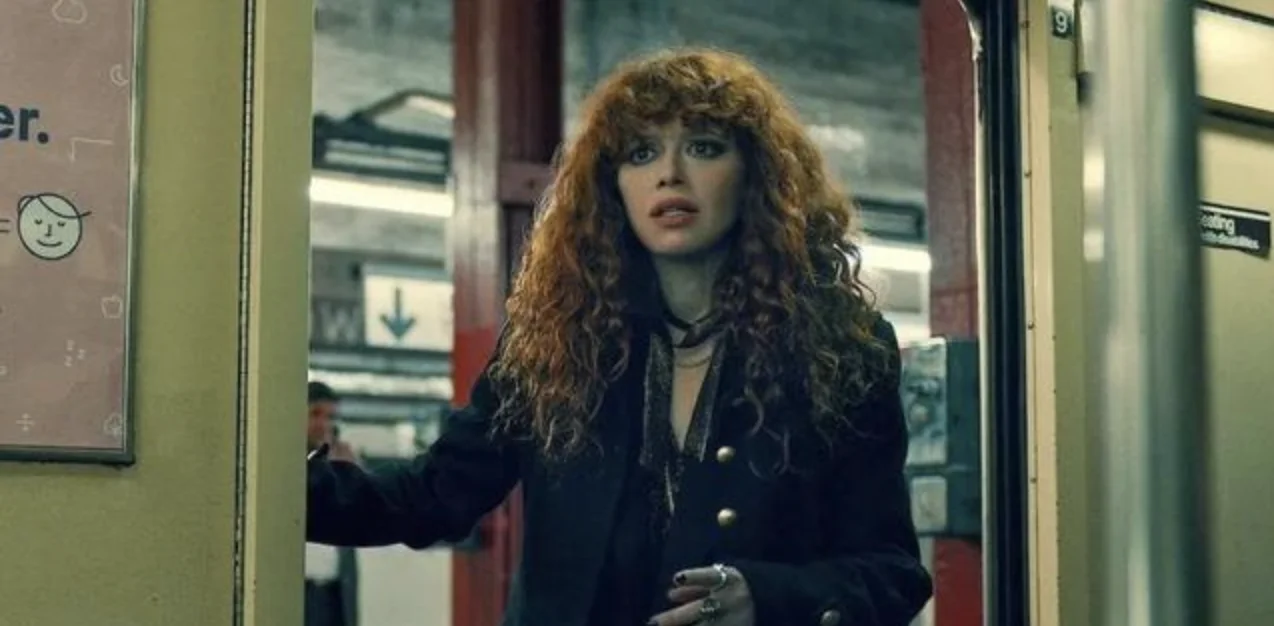
This season, Nadia turns 40, and when she gets off the subway, she finds herself back in 1982 as pregnant mother Nora.
Nadia realizes that this time fate may need to repair the relationship between her mother Nora and her grandmother Vera.
With the help of her godmother Ruth, Nadia ransoms the gold coins her mother and boyfriend stole from her grandmother, only to lose them immediately.
Back in 2022, Nadia found that her godmother Ruth’s body was getting worse day by day.
When she got on the subway again, she got off to Budapest in 1944. She became the grandmother Vera, always avoiding the harm of the Nazis.
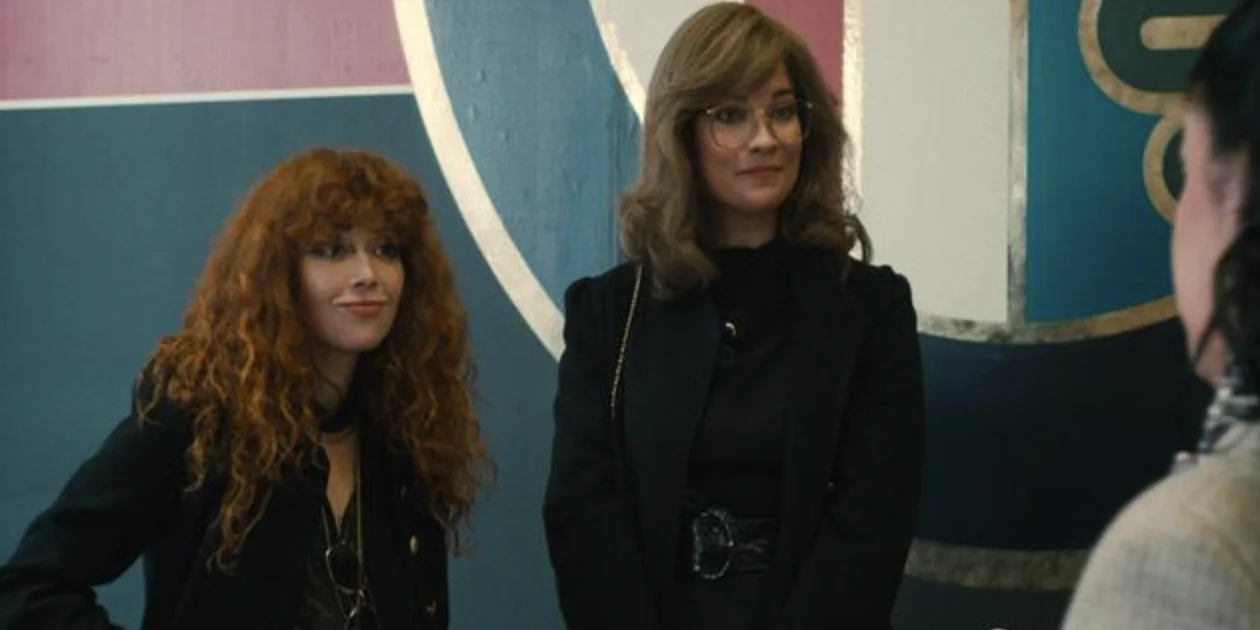
In 2022, Nadia took her good friend Max to Budapest to find her roots and helped her in 1944 to find the property looted by the Nazis from her grandmother’s house.
Nadia felt that as long as these properties were recovered, her grandmother’s life as a single mother would be better, and her relationship with her daughter Nora would also be different.
But time and time again and again and again, Nadia finally found that no matter what she did, these properties would eventually become gold coins, and they would eventually be stolen by her rebellious mother, and the relationship between her grandmother and her mother would not be changed.
Alan heard about Nadia’s crossing, and also got on the subway. After getting off the subway, he faced East Berlin in 1962.
Alan became his grandmother Agnes. As an international student in Ghana, she met a group of German university students.
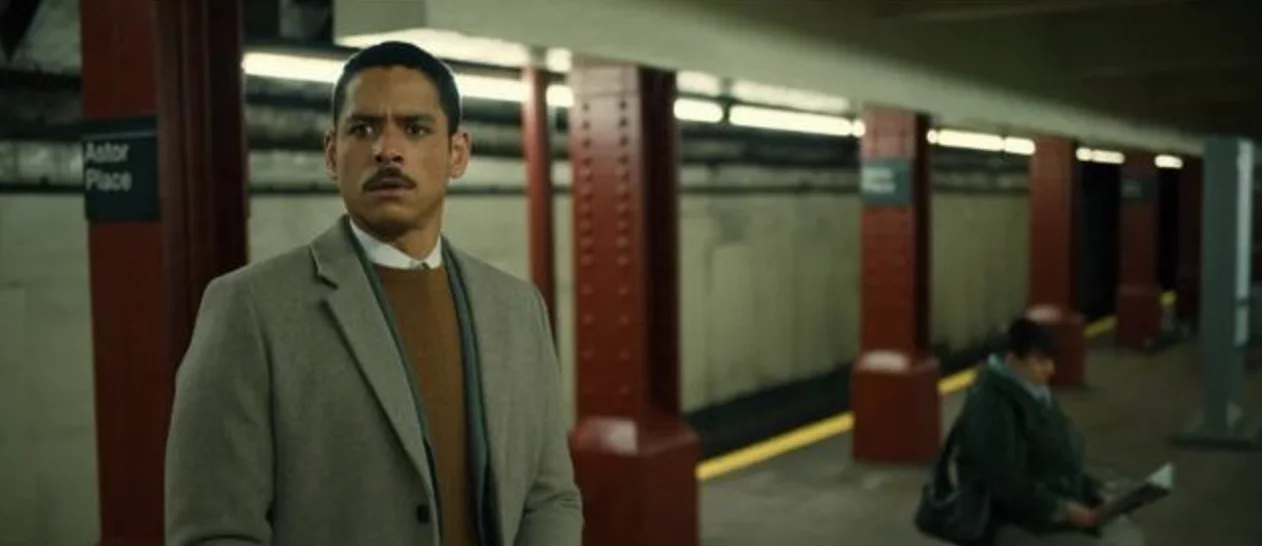
Alan has a crush on a student named Lenny, who travels daily between East Berlin in 1962 and real life in New York in 2022.
Alan is puzzled by Nadia’s obsession with changing the past, “Maybe fate just lets us experience it, and doesn’t require us to actually do anything?”
But soon, when Alan/Agnes found out that Lenny was planning to dig a tunnel to West Berlin to unite with his family, he couldn’t sit still.
Agnes in 1962 couldn’t convince Lenny to take the risk anyway, and Alan in 2022 couldn’t find a trace of Lenny in any way.
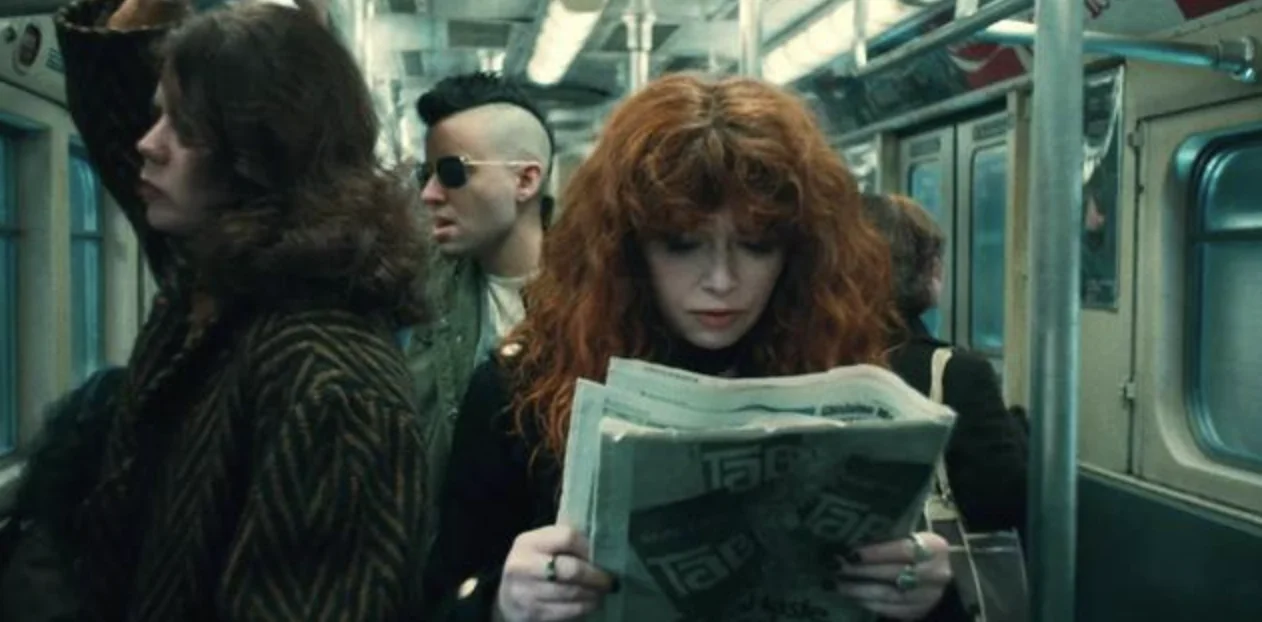
Nadia and Alan’s trajectories intertwined once again.
Nadia realized that when she was desperately trying to change the past, in reality, Ruth, who had always been by her side, died alone.
She missed her last time with Ruth.
Alan also realizes that, as Lenny said, Agnes and Lenny have different life trajectories, and their encounter is only a small node in it, and it does not have any special meaning.

To Agnes, Lenny was just a passing person in life, and what Alan desperately wanted to find was something that didn’t exist.
So this season is basically the first half of the season, which is slightly procrastinated, dull and boring. In the second half, when the audience realizes that these are foreshadowing, although they can understand the meaning of the story, they are also disappointed. It turns out that it has no meaning at all?
Season 2 continues the style of Season 1, and even the heroine’s dress is basically unchanged.
The story of time travel brings richer scenes. A few paragraphs of Nadia/Nora and Alan/Agnes’s transformation into mirrors are also a bit interesting, but overall, it is similar to Season 1’s imaginative and profound story , there is still a gap.
Unlike Season 1 Self-Reconciliation, this season’s story focuses on the so-called Intergenerational trauma.
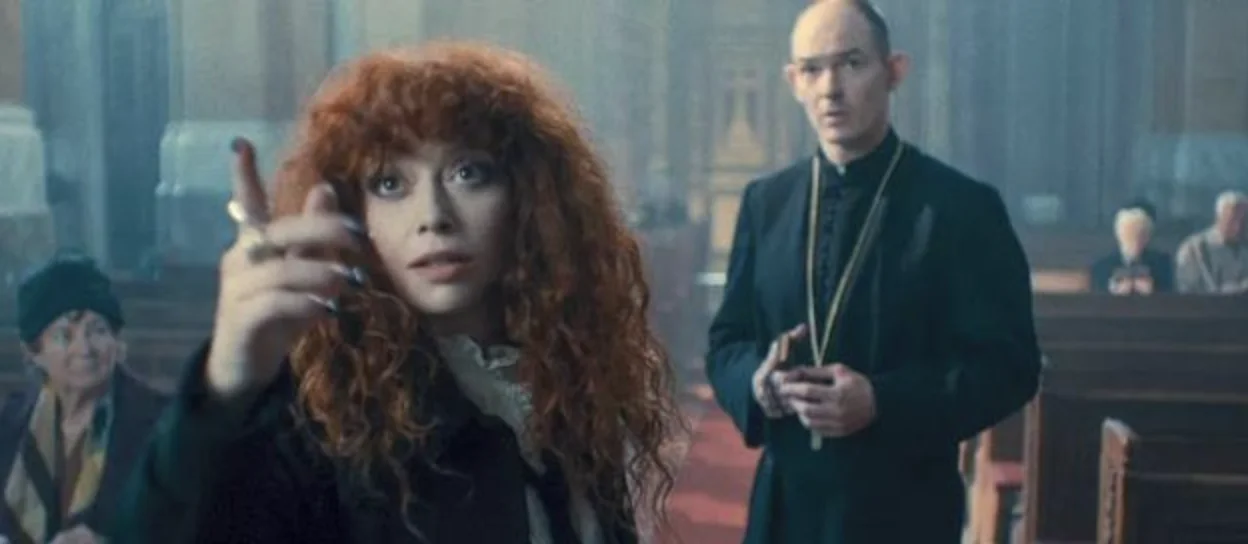
Vera, whose family was killed by the Nazis, and who escaped the Nazis after thousands of hardships, wanted to rely on the family belongings that she desperately kept as a guarantee for herself and her daughter, but she did not expect that her rebellious daughter would steal these extraordinary things. The possessions were squandered.
The trauma Vera suffered was undoubtedly passed on to Nadia, and through crossing, she retraced the path of her grandmother, and truly felt the hardships at that time.
Likewise, Alan’s grandmother, Agnes, watched her classmates go through great dangers to be reunited with their families, so for her, coming to New York and having a family of her own was happiness in itself.
So it’s hard to say what will be “solved” in the end this season. Fate may really just want everyone to feel the journey of life, and there is no need to ask it “what is the meaning” all the time.
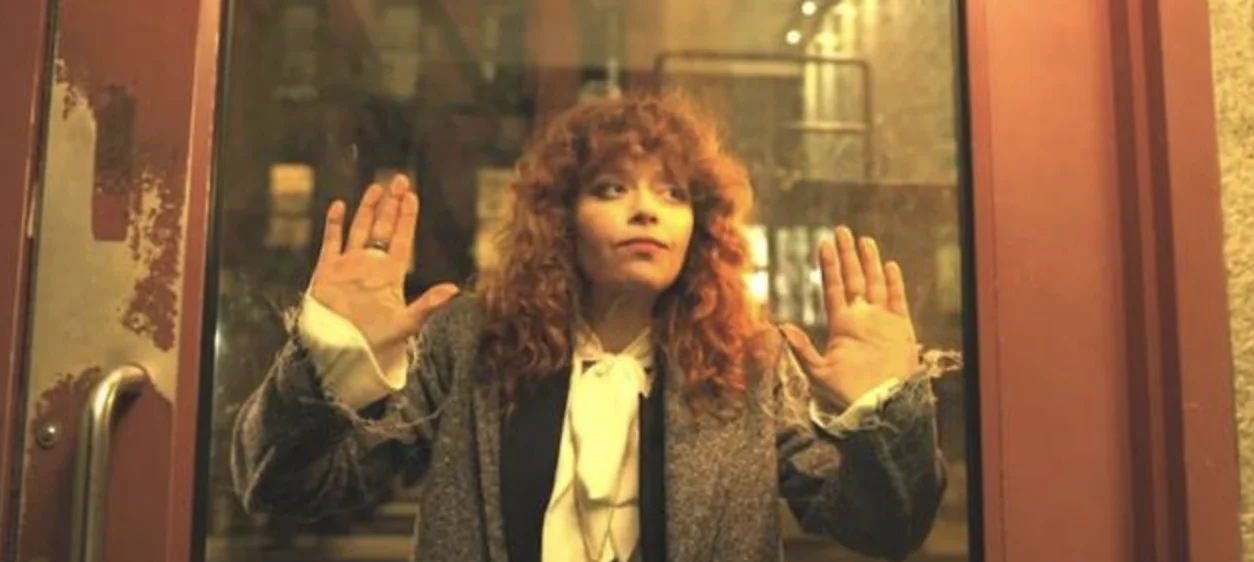
Can’t say how bad the quality was this season, but the story is a bit dull in comparison.
Crucially, the story of young Ruth, such as Alan, didn’t give enough space to unfold well, so the whole season seemed less balanced.
However, “Russian Doll” itself focuses on this “experience” rather than the storyline, so following this show to experience this crazy and lost feeling is not worth watching.
Related Post: Netflix’s “Infinite style” TV series “Russian Doll Season 2” has released Official Trailer, which will start airing in April!.

